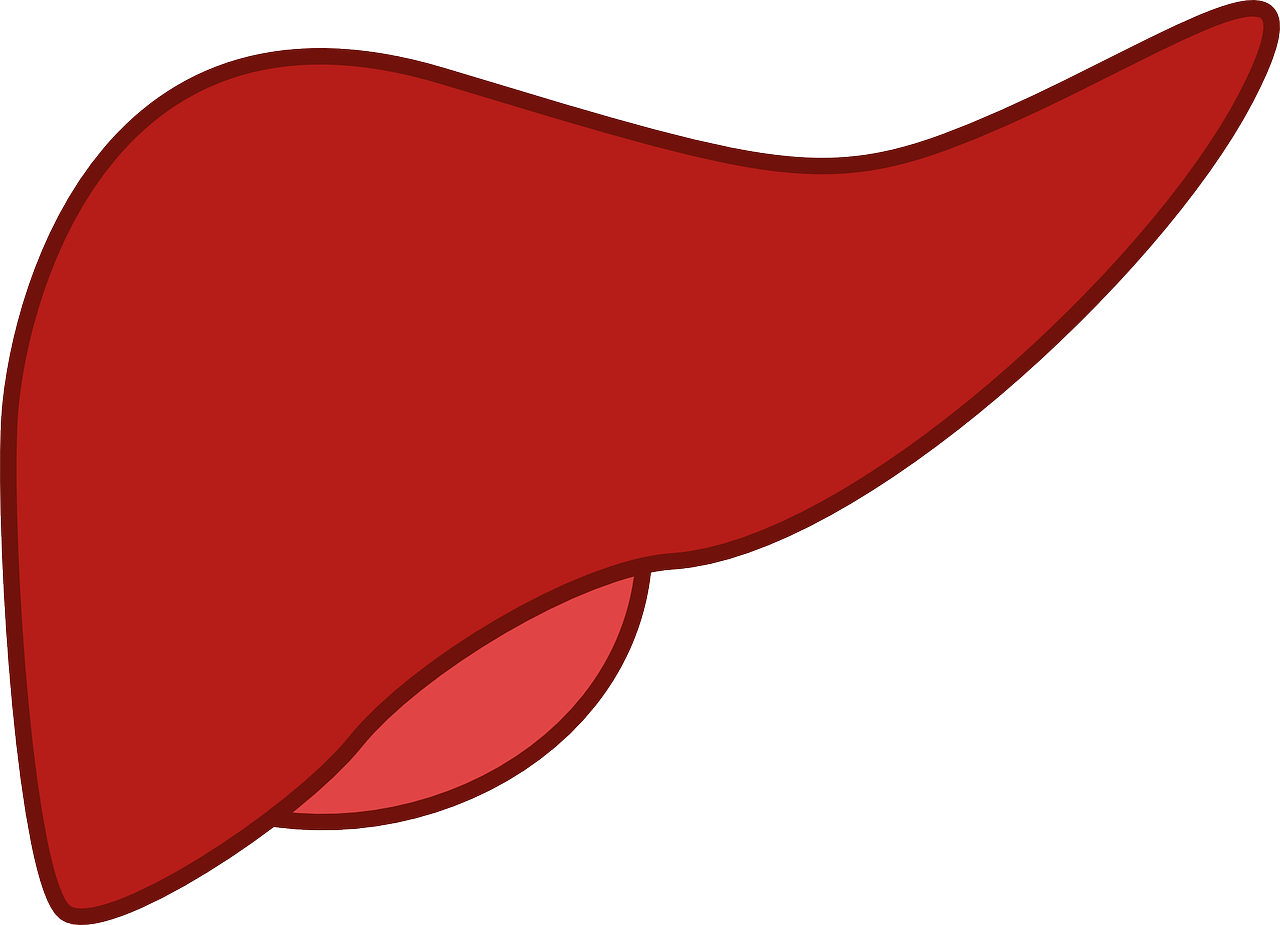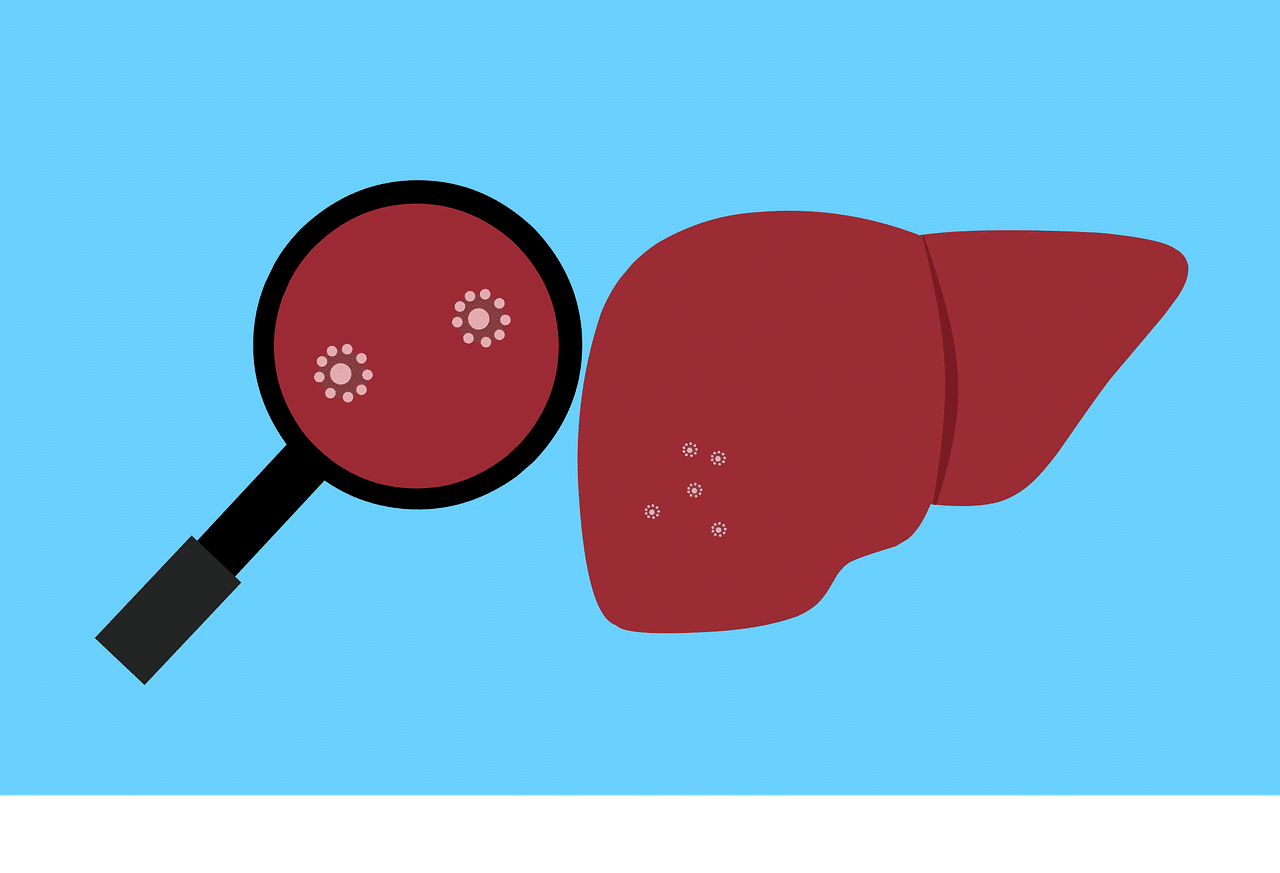Diabetic people with a major reduction in weight are characterized by having two high-risk factors for pancreatic cancer, according to a new study on cancer. This cohort study investigated 159,025 individuals for a total of 30 years.
All of these patients had diabetes and experienced weight loss of between 1-8 lbs. The risk of cancer in these patients was evaluated more than three times higher as compared to those who are neither diabetic nor lost weight.
Chen Yuan from the Dana-Farber Cancer Institute along with his colleagues from Harvard Medical School studied these high-risk factors for pancreatic cancer. The complete study findings are published online in the journal JAMA Oncology.
Also read- Hepatitis C Infection is Now Treatable
This study reveals that people with a rather recent onset of diabetes and weight loss are as much as seven times the high risk of pancreatic cancer. This risk is even higher for people who are older, or who didn’t do any effort to lose weight.
Nearly 80% of pancreatic patients never receive treatment because at the stage where they are diagnosed, it is almost incurable. But those who are diagnosed at an early stage are treatable. However, it depends on the capability of the physician and the treatment plan, together which may also result in complete recovery.
The current guidelines on pancreatic cancer suggest that everyone should go through a screening test if suspected. It is better if the screening is conducted for the entire population because this is the only way to determine the high-risk groups. Once these groups are identified, the diagnostics and treatment facilities can be improved accordingly. In this way, more people can be saved from losing life to pancreatic cancer.
The screening tests should be compulsory for people with a family history of pancreatic cancer or any type of cancer in general. It is also possible for the inherited genes to mutate and result in an even severe form of cancer which may never show itself in the early stages.
All family members with pancreatic cancer history should enroll for screening tests, ensuring a faster diagnostic and treatment plan. The co-existence of diabetes and weight loss should also be considered while evaluating the risk factors for pancreatic cancers.
Also read- Dry Eyes Disease is Highly Common During Coronavirus Pandemic
Peter Campbell from the American Cancer Society (Atlanta) says that this new study reveals somewhat consistent results as that of other studies. It means diabetes type 2, especially a recent event of diabetic symptoms and an uncalled weight loss could be potential signs of pancreatic cancer.
An even worrisome fact is that the risk still persists if one of these risk factors is present. If both are co-occurring, it increases the risk even more.
These study findings are not unexpected as diabetes and weight are often associated with a number of other health conditions. But it is a warning for people who have experienced or are currently experiencing any of these and have a family history of cancer should immediately get a screening test done. The clinicians should also be aware of the fact that these two factors are highly relevant to pancreatic cancer, thus shouldn’t be ignored while assessing a patient.


